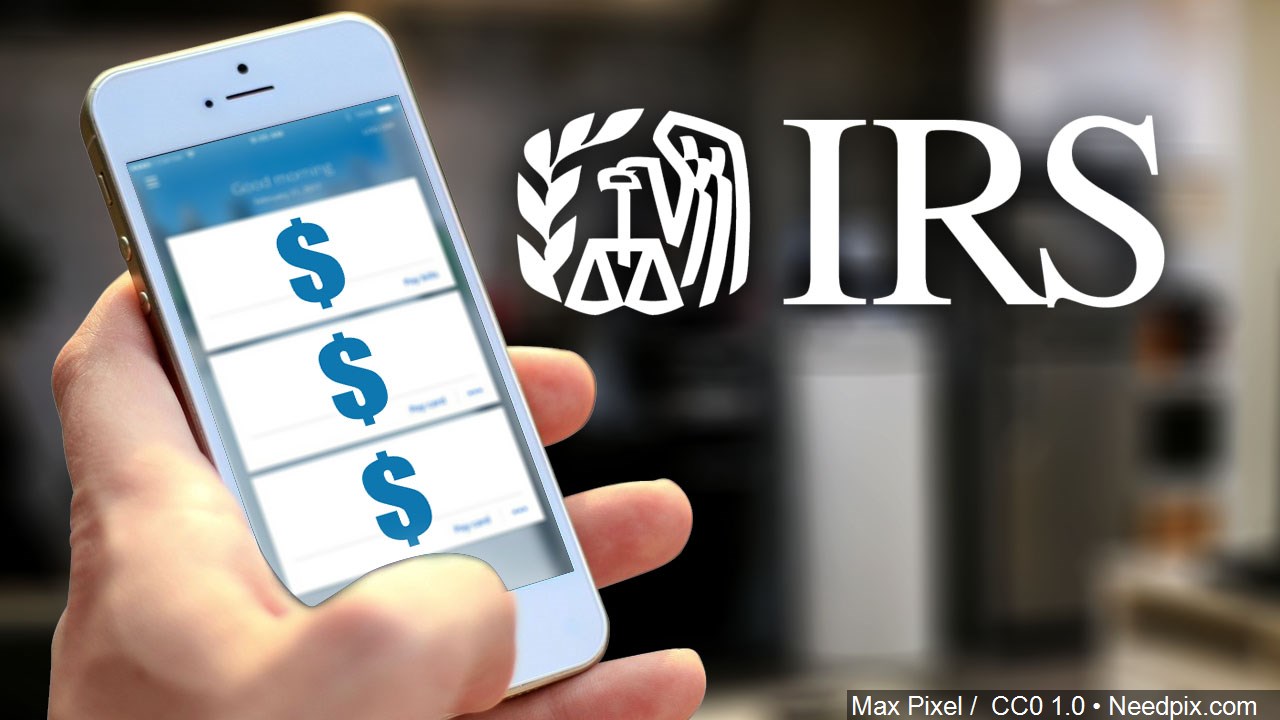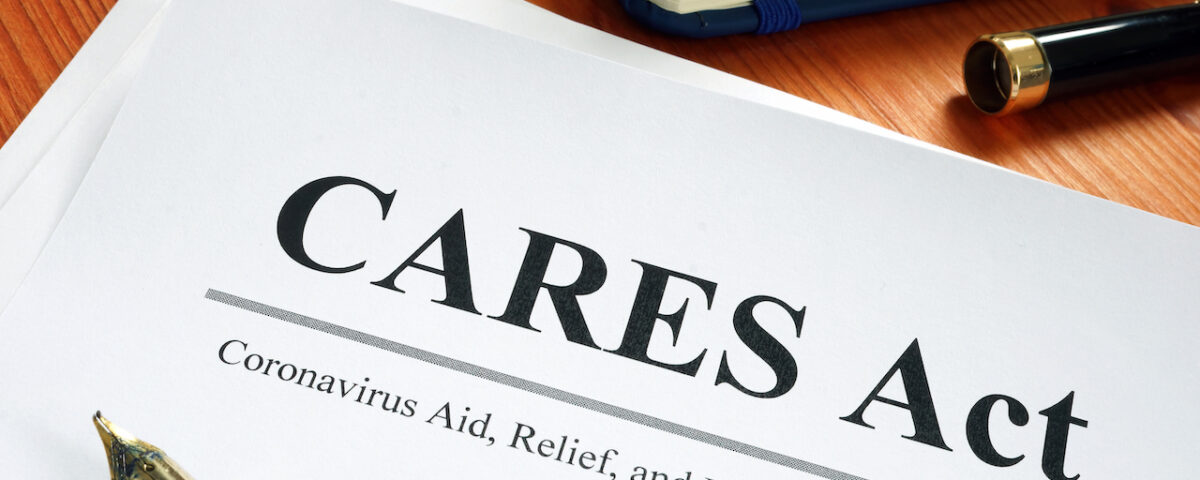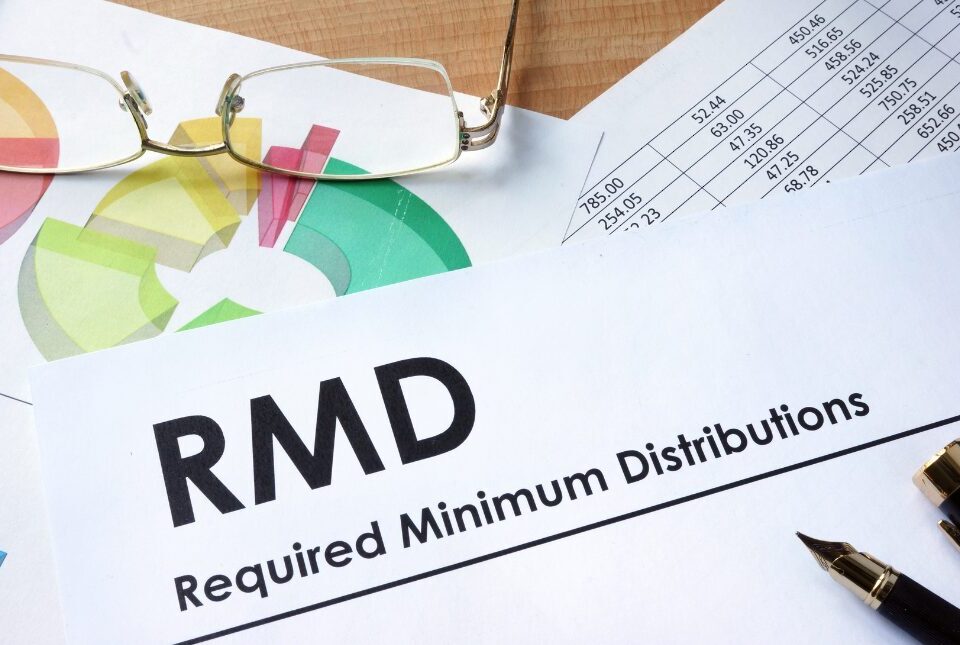
IRS: Economic Impact Payments
April 6, 2020
Can Employees Change Their Health FSA Elections Midyear If Elective Surgery Is Postponed Due to the COVID-19 Pandemic?
May 14, 2020The IRS has issued FAQs regarding the retirement plan distribution and loan relief in § 2202 of the Coronavirus Aid, Relief, and Economic Security Act (CARES Act). That relief expanded distribution options and favorable tax treatment, increased plan loan limits, and delayed repayment of outstanding plan loans, for qualified individuals affected by the COVID-19 pandemic. The FAQs explain that the IRS plans to release guidance under § 2202 “in the near future” that will apply principles articulated in Notice 2005-92 – which interpreted distribution and loan relief enacted in response to Hurricane Katrina – to the extent § 2202 is substantially similar to the Katrina relief legislation. Meanwhile, the FAQs address various questions raised by the distribution and loan relief, repeatedly referencing information and examples in the Katrina notice. Here are highlights:
Relief Is Optional. Employers may choose whether to amend their plans to provide the distribution and loan relief in § 2202, including the relief allowing qualified individuals to delay repayment of outstanding plan loans for up to one year. They may also adopt some portions of the relief but not others-for example, the distribution relief but not the plan loan rules or loan repayment schedules.
Qualified Individuals. The IRS is considering whether to expand the list of factors used to determine whether an individual qualifies for this relief. When determining whether someone is a qualified individual, plan administrators may rely on the individual’s certification absent actual knowledge to the contrary.
Distribution Restrictions Waived. Coronavirus-related distributions are treated as meeting certain restrictions ordinarily applicable to 401(k) plans and certain other plans (e.g., the requirement that 401(k) plans prohibit the distribution of elective deferrals before specified events). But other distribution limits (e.g., the spousal consent rules) are not waived simply because the distribution, if made, could qualify as a coronavirus-related distribution.
Tax Treatment of Distributions. Coronavirus-related distributions are generally taxable, although not subject to the 10% tax on early distributions. They are reported as income ratably over a three-year period (unless the individual reports the full amount as income for 2020). Qualified individuals who receive a distribution that meets the requirement for a qualified distribution may treat the distribution as such on their federal income tax returns, regardless of how the employer or plan reports or characterizes the distribution.
Reporting of Distributions. Plans must report coronavirus-related distributions on Form 1099-R, even if the individual repays the distribution in the same year. More information about reporting such distributions will be provided “later this year.”
No Obligation to Accept Repayments. The FAQs affirm that plans generally are not required to accept rollovers of coronavirus-related distributions.
Tax Treatment of Repayments. Distributions repaid to an eligible retirement plan within three years are treated as rollovers (and thus not taxable). An example shows how to handle repayment of a coronavirus-related distribution in 2022 (after one-third of the distribution has been reported as income in each of the two preceding years) for federal income tax purposes. Readers are referred to the Katrina notice for additional examples. Qualified individuals must report repayments on Form 8915-E, which will be issued later this year.
Plan Loans. If loan repayments are suspended, payments after the delay must be adjusted to reflect the delay and any interest accrued during the delay.
The CARES Act provision stating that the due date of outstanding plan loans “shall be delayed for 1 year” seemed to make repayment delays mandatory, but the IRS has taken a different, more pragmatic approach consistent with its Hurricane Katrina guidance. While this will be a relief to some plan sponsors and administrators, others have already geared up to implement loan delays. Employers should make sure they have discussed the matter with their TPA, understand how their plan will be administered, and know what plan amendments will be required. Employers and advisors should also watch for the other promised items, including guidance formalizing (and likely expanding on) the positions taken in the FAQs, further guidance on the definition of a qualified individual, guidance on reporting coronavirus-related distributions, and Form 8915-E.





